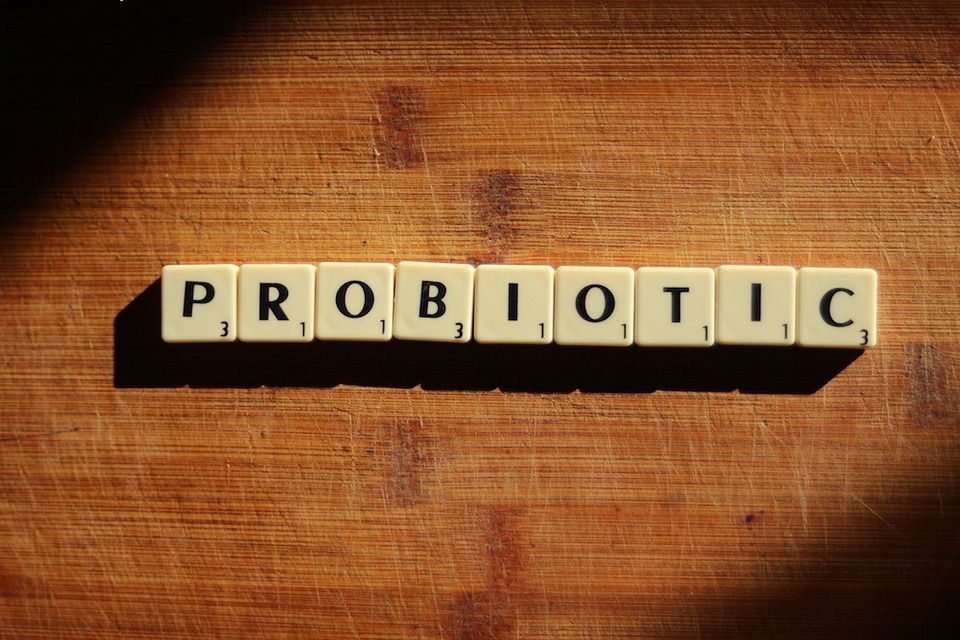Probiotics are often recommended for adults, but what about babies and children? In recent years, there has been a growing interest in the use of probiotics for infants and children. In this article, we’ll explore the benefits and risks of probiotics for babies and children, and provide a comprehensive guide for parents.
What Are Probiotics?
Probiotics are live microorganisms that are good for your health, especially your digestive system. They are often referred to as “good” or “friendly” bacteria because they help keep your gut microbiome healthy. Probiotics can be found in a variety of foods and supplements and are considered safe for most people.
The Benefits of Probiotics for Babies and Children
Probiotics can benefit babies and children in several ways:
- Improve Digestion: Probiotics can help improve digestion and reduce digestive issues, such as colic, acid reflux, and constipation.
- Boost Immunity: Probiotics can help boost the immune system, which can reduce the risk of infections and illnesses.
- Treat Diarrhea: Probiotics can help treat diarrhea, particularly in infants and young children.
- Improve Skin Health: Probiotics can help improve skin health, reducing the risk of eczema and other skin conditions.
The Risks of Probiotics for Babies and Children
While probiotics are generally considered safe for most people, there are some risks associated with their use in babies and children:
- Allergic Reactions: Some children may have an allergic reaction to probiotics, particularly if they are allergic to the source of the probiotics (e.g., milk-based probiotics).
- Infection Risk: In rare cases, probiotics can cause infections, particularly in children with weakened immune systems.
- Side Effects: Some children may experience side effects, such as gas, bloating, and diarrhea, when taking probiotics.
When to Consider Probiotics for Babies and Children
Probiotics may be recommended for babies and children in the following situations:
- Treatment for Diarrhea: Probiotics may be recommended to treat diarrhea, particularly in infants and young children.
- Treatment for Eczema: Probiotics may be recommended to treat eczema and other skin conditions.
- Boosting Immunity: Probiotics may be recommended to boost the immune system, particularly in children who are prone to infections.
How to Choose a Probiotic for Babies and Children
When choosing a probiotic for your baby or child, consider the following factors:
- Strain: Look for a probiotic that contains a variety of strains of bacteria, including Lactobacillus and Bifidobacterium.
- Form: Probiotics are available in a variety of forms, including drops, powders, and chewable tablets. Choose a form that is appropriate for your child’s age and development.
- Quality: Look for a probiotic that is high-quality and has been tested for safety and efficacy.
- Dosage: Follow the recommended dosage for your child’s age and weight.
Final Thoughts
Probiotics can be a valuable addition to your child’s health routine, offering benefits for digestion, immunity, and skin health. However, it’s important to choose a high-quality probiotic and follow the recommended dosage for your child’s age and weight. As always, be sure to talk to your child’s pediatrician before making any changes to their diet or supplement routine.







